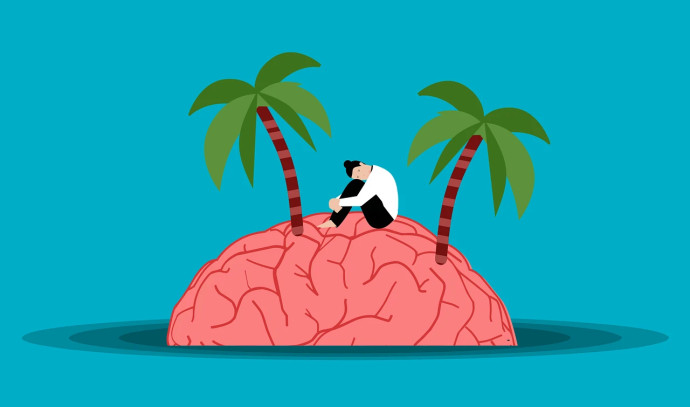Summer vacation is already here, and many families are going out and planning vacations in Israel and around the world. Despite the undoubtedly important purpose of family vacations, it is important to pay attention to a slightly less talked-about issue in relation to summer vacation – the increased risk of depression and anxiety.
For many children and teenagers, summer vacation is synonymous with carefree days full of fun and excitement. However, studies indicate that many teenagers experience mental challenges during vacations, and it is important to pay attention to this and treat them as soon as possible.
How common is this?
Depression and anxiety are common phenomena among teenagers. According to a study conducted in 2012, it is estimated that in Western countries, 4-8% of all youths suffer from these phenomena, while in Israel, a particularly high rate was shown – 19.4% of all youths in the study were shown to suffer from these disorders.
When discussing going on summer vacation, depression and anxiety may increase, in a condition known as “seasonal depression” – depression associated with the seasons. It is estimated that 4-6% of the population of the United States suffers from this condition of “seasonal depression,” and although “winter depression” is more common, “summer depression” is not a rare phenomenon at all.
These data are especially worrying when talking about our children. Instead of enjoying and being happy during the summer vacation, they may experience sadness, loneliness, and mental stress, and it is important to be awake and aware of this situation.
Manifestations of depression and anxiety in teenagers
It can be difficult for a parent to differentiate between a normal part of the child’s maturation and behavior that may indicate a mental health condition. If behavioral changes last weeks or months and interfere with a teen’s daily life, they may be symptoms of depression, anxiety, or both. The following symptoms may indicate, among other things, depression or anxiety, and it is recommended to consult a professional when you notice them:
- Loss of interest in things they used to enjoy.
- Low energy, deep sadness, or hopelessness.
- Excessive sleep or lack of sleep and fatigue.
- Difficulty concentrating.
- Isolation.
- Significant dietary changes.
- Drinking alcohol, using drugs, or smoking.
- Stress, constant feelings of anxiety, or nervousness.
- self-harm, risky behaviors, and suicidal thoughts and attempts.
What are the causes of depression and anxiety during vacations?
Several factors contribute to the onset of depression and anxiety among teenagers during vacations. Among other things, vacations sometimes include a period of a lack of a regular routine and may involve irregular sleep, an unhealthy diet, and loneliness. In addition, social networks sometimes increase the feeling of loneliness.
They may cause the youth to compare their daily vacation and family vacations to each other, which may cause feelings of disappointment and frustration if their summer vacation is not exciting or eventful enough. Family vacations can also be a source of stress, especially if there are family conflicts or tensions. The presence of the family at such a significant intensity for an extended period may worsen these problems.
These problems may be more significant in older ages when fewer people go to summer camps, and there is less work and more loneliness on vacation. At these ages, there is also an increased consumption of social networks, and the comparison with other friends is more evident.
What are the ways of treating anxiety and depression?
In anxiety and depression, especially at these ages, it is important to catch the situation as early as possible to prevent deterioration. It is recommended to adhere to a routine even in the summer months, an organized schedule along with organized meals, regular and quality sleep, and encourage the child to go out and meet friends.
Beyond that, it is important to seek the help of a professional who specializes in the mental health of children and adolescents. Psychological treatment is recommended and helps reduce the symptoms of depression and anxiety.
Drug treatment is just as important in these situations when drug treatment alongside psychotherapy has been proven in many studies to be a combination that significantly helps with symptoms. However, adjusting the correct medication can be a tedious process, especially among children and teenagers, who already have a limited ability to cooperate.
Precisely for this purpose, to save the heartache caused by frequent replacement of drugs with the aim of finding the most effective drug with as few side effects as possible, the Neuropremogen test was developed. The test is an innovative genetic test that helps, based on the child’s genetic information, to best assess which medicine will be more effective, and with as few side effects as possible.
Clinical studies have shown that the test doubles the chances of response to drug treatment in patients suffering from clinical depression and significantly reduces the burden of side effects.



